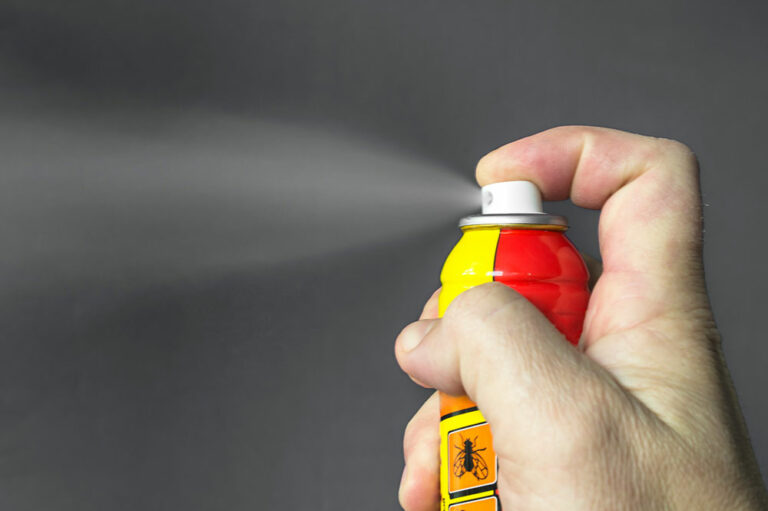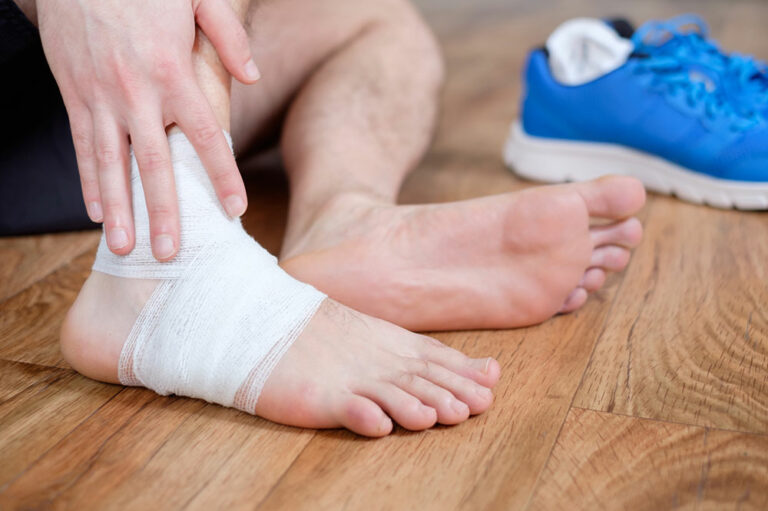
health
4 household products that may harm the lungs and worsen COPD
Our lungs are sensitive to irritants and pollutants in the air. If inhaled, these irritants can damage the organ and lead to discomfort. The risk of lung damage is higher among people with chronic obstructive pulmonary disorder (COPD), an ailment that blocks the airways and causes breathing difficulty. One way to maintain respiratory health is to recognize and avoid the triggers. Below are four household products that can harm the lungs and aggravate COPD. Cleaning products Many everyday cleaning products can irritate the eyes and throat, cause headaches, and worsen lung inflammation. Some may also release dangerous chemicals called volatile organic compounds (VOCs). VOCs can be inhaled through the nose or mouth, causing muscle contractions that make breathing difficult. These compounds are commonly found in aerosol sprays, air fresheners, chlorine bleach, detergents, dishwashing liquids, dry cleaning chemicals, rug and upholstery cleaners, furniture and floor polish, and oven cleaners. To prevent the onset or aggravation of lung inflammation, one must avoid cleaning products with ingredients like ammonia, hydrogen peroxide, and chlorine bleach. Instead, one may use mild cleaners, like regular soap and water, baking soda (for scrubbing), and vinegar. If using strong cleaners is unavoidable, individuals must pick products without added fragrance, wear a mask, and ventilate the room.














